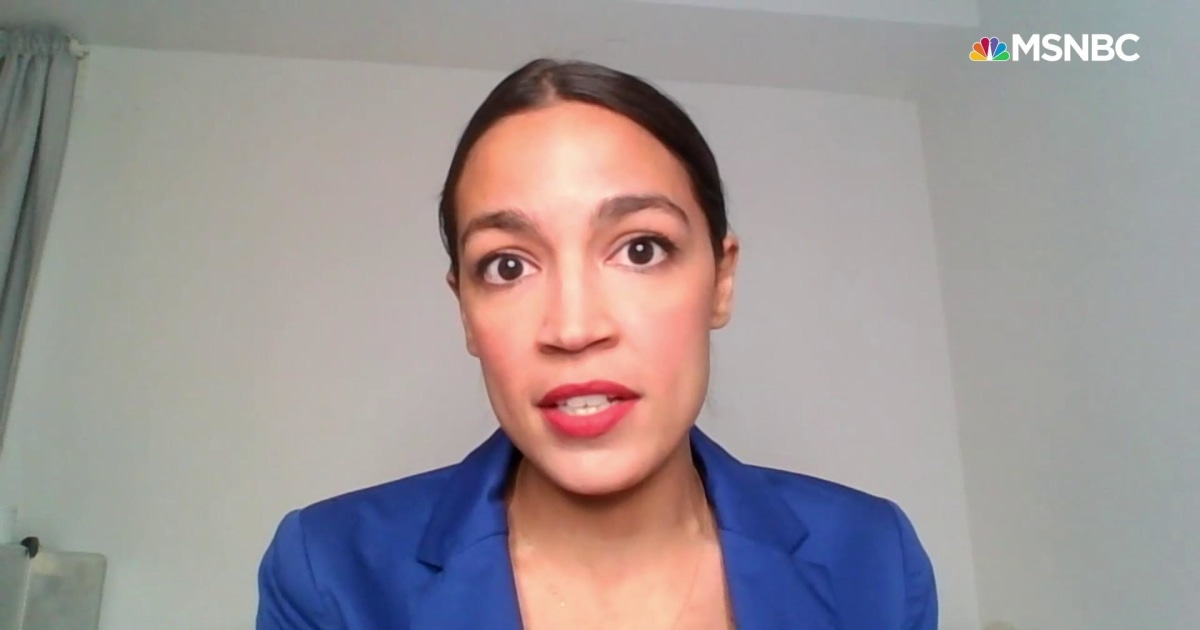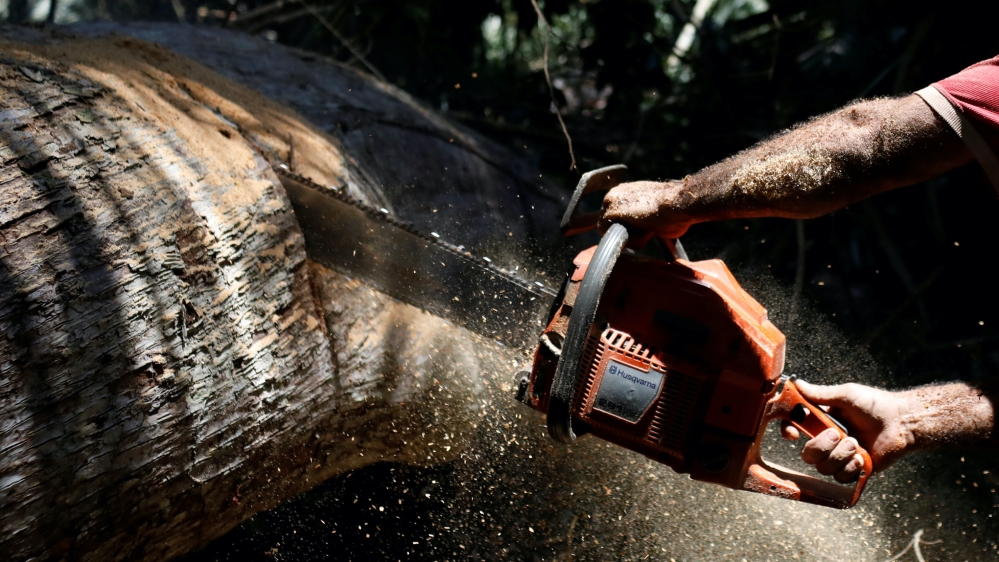
For years, we’ve talked about how the insane economics of the left in our region are completely unsustainable. Politicians spending like drunken sailors (my apologies to drunken sailors, a far more honorable group) would eventually be disastrous when the inevitable economic downturn hits. And that downturn has hit like a tsunami.
So, as they whine about a deficit that could be as much as $300 million, you can see that it is entirely caused by bloated government and incompetent managers in charge.
Not to change the topic here:
Top economist: US coronavirus response is like 'third world' country | Business | The Guardian
The Nobel prize-winning economist said: "The numbers turning to food banks are just enormous and beyond the capacity of them to supply. It is like a third world country. The public social safety net is not working."
Stiglitz, a long-term critic of Trump, said 14% of the population was dependent on food stamps and predicted the social infrastructure could not cope with an unemployment rate that could hit 30% in the coming months.
"In those circumstances it won't be the government enforcing the lockdown, it will be fear. The concern is that people are not going to be spending on anything other than food and that's the definition of a Great Depression.
What is a W-shaped economic recovery? (Hint, it's scary) - The Washington Post

There's growing consensus among economists and epidemiologists that the recovery period from the deadly coronavirus is going to be long — and bumpy.
Hopes of a quick bounce back for the economy — dubbed a "V"-shaped recovery — have faded. Even as parts of the nation reopen, many Americans will be afraid to venture out, and it looks increasingly likely that restaurants, stadiums and yoga classes are going to be operating at partial capacity, at best, for a while.
With another rent bill looming, coronavirus economics become more dire

Other things to check out:
The great PPE scramble - Why countries can't meet the demand for gear against covid-19 |

For Mr Volpe, that means responding to the surge in demand for essential medical supplies caused by the pandemic. He is president of APMA, the trade association for Canada's auto-parts suppliers. So far 77 member firms are converting some capacity to making medical equipment. A consortium led by one of the biggest, Linamar, is helping to assemble ventilators. Woodbridge, an upholsterer, is turning out masks. Plastics firms are producing face shields; airbag-makers, gowns; others, nose-swabs.
Could coronavirus save the planet by changing economics forever? | News | Al Jazeera

Kuala Lumpur, Malaysia - While working from my home on the outskirts of the Malaysian capital, Kuala Lumpur, a month ago, focused on the unfolding crash in world financial markets and economies due to the coronavirus pandemic, I saw one of two 50-foot palm trees in the garden also come crashing down.
The tree had been planted by the previous owners of the house, possibly around 30 years ago. On closer inspection, it became clear that its roots had simply outgrown the soil under them.
What can past pandemics teach economists about COVID-19? - Marketplace

Economists are weighing in already with newly-published papers trying to better understand what the COVID-19 pandemic might do — to everything: investment returns, wages, working from home.
The research focuses on the economic history of pandemics. Economists are taking their models, trying to adapt them for additional insights during these times and using things like online surveys and Facebook activity to capture emerging trends.
Pandemics have had powerful economic effects through the ages. What sticks out as these economists survey the past?
Bloomberg - Are you a robot?
No comments:
Post a Comment